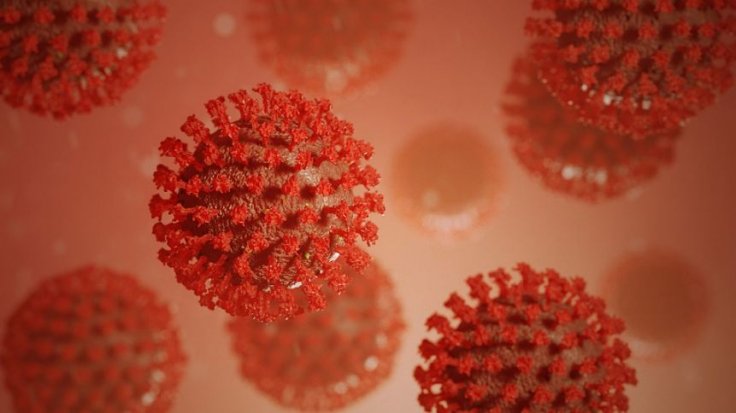Dealing with a case of seasonal cold does not qualify for a pleasant experience. However, according to a new study, bouts of colds in the past may actually offer some protection against COVID-19. It also suggested that there is the likeliness of immunity against SARS-CoV-2 coronavirus being long-lasting—potentially for a lifetime as well.
The study by researchers from the University of Rochester Medical Center, is also the first to demonstrate that the novel coronavirus induces memory B cells—a type of long-living white blood cell that can detect and remember pathogens—to create antibodies against it. Therefore, in the event of an attempt by the virus to infect the body in the future, the memory B cells can act against it faster and arrest the infection before it begins.
Lethal Spike Protein

The findings of the study are based on the comparison between blood samples drawn from 26 people recovering from mild to moderate forms of COVID-19, and 21 healthy individuals whose blood samples were collected six to ten years ago—nearly a decade before they were exposed to the virus. Using these samples, the authors measured the levels of memory B cells and antibodies that target a particular region of the spike protein—the crucial component that all coronaviruses posses and use to infect cells.
While all the coronaviruses are equipped with spikes, their actions may differ from strain to strain. Nevertheless, one of its units, the S2 subunit, remains nearly the same across all of them. The memory B cells are unable to spot the difference between the S2 subunits of the spikes in different coronaviruses, and attack at random.
Recognizing the SARS-CoV-2
The authors found the indiscriminate attack of B cells held good at least in the case of beta coronaviruses, a subclass of coronaviruses that also includes other viruses such as SARS, MERS and SARS-CoV-2.
Through the study, they became the first to report the report cross-reactivity of memory B cells (i.e) the memory B cells that acted against coronaviruses that caused cold, appeared to identify SARS-CoV-2. This, according to researchers, suggests that those who have been infected by a common coronavirus in the past, may have a certain level of pre-existing immunity against COVID-19.

"When we looked at blood samples from people who were recovering from COVID-19, it looked like many of them had a pre-existing pool of memory B cells that could recognize SARS-CoV-2 and rapidly produce antibodies that could attack it," said Mark Sangster, lead study author of the study, in a statement.
Need for Further Research
Despite the findings, the study does have a limitation. It does not provide any insights into the level of protection that cross-reactive memory B cells and its effect on the outcomes of patients with COVID-19. Further research is required for understanding these aspects the authors said.
"That's next," said Dr. David Topham, co-author of the study. "Now we need to see if having this pool of pre-existing memory B cells correlates with milder symptoms and shorter disease course - or if it helps boost the effectiveness of COVID-19 vaccines."









